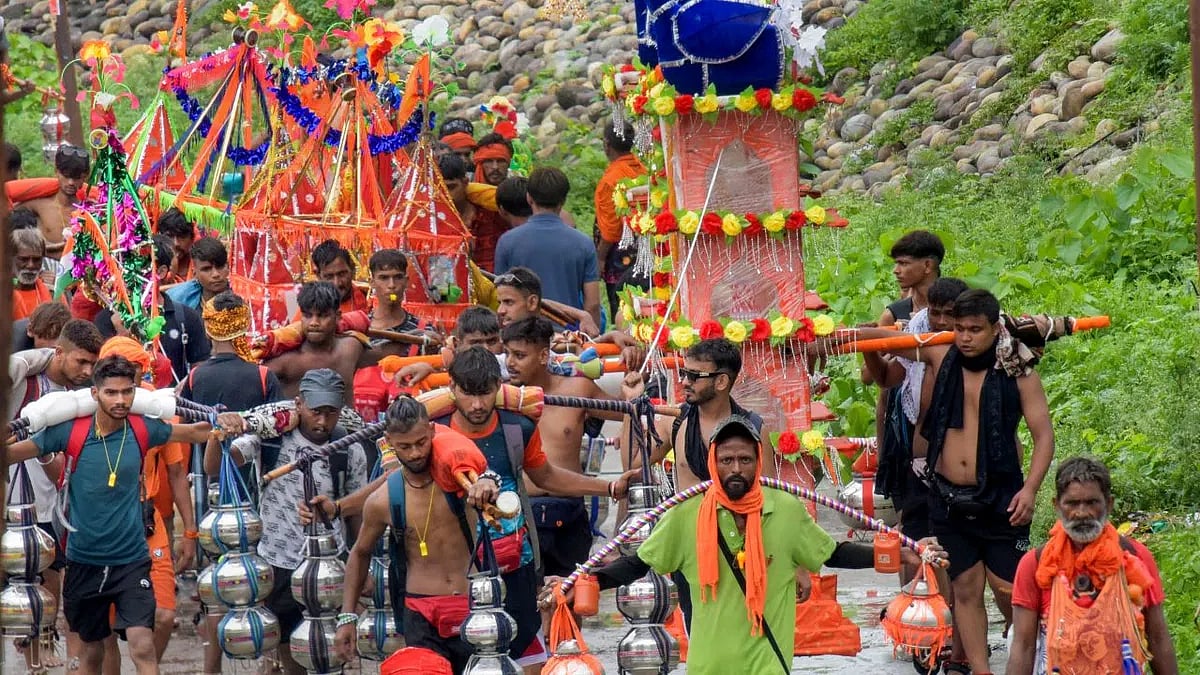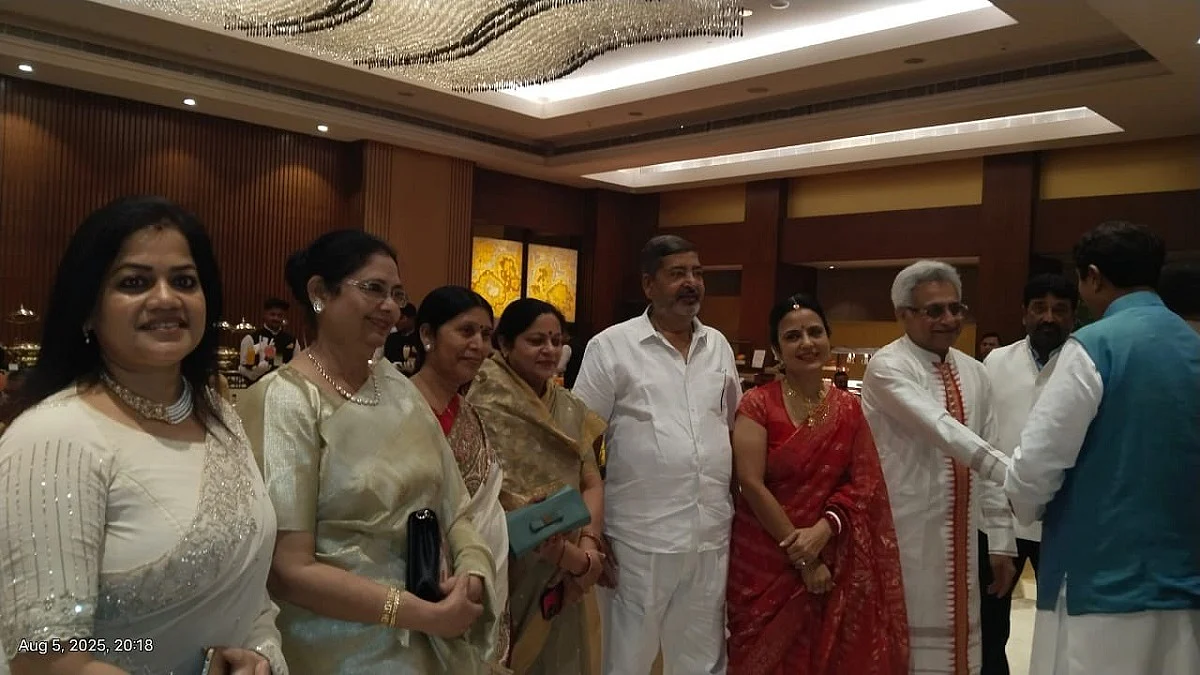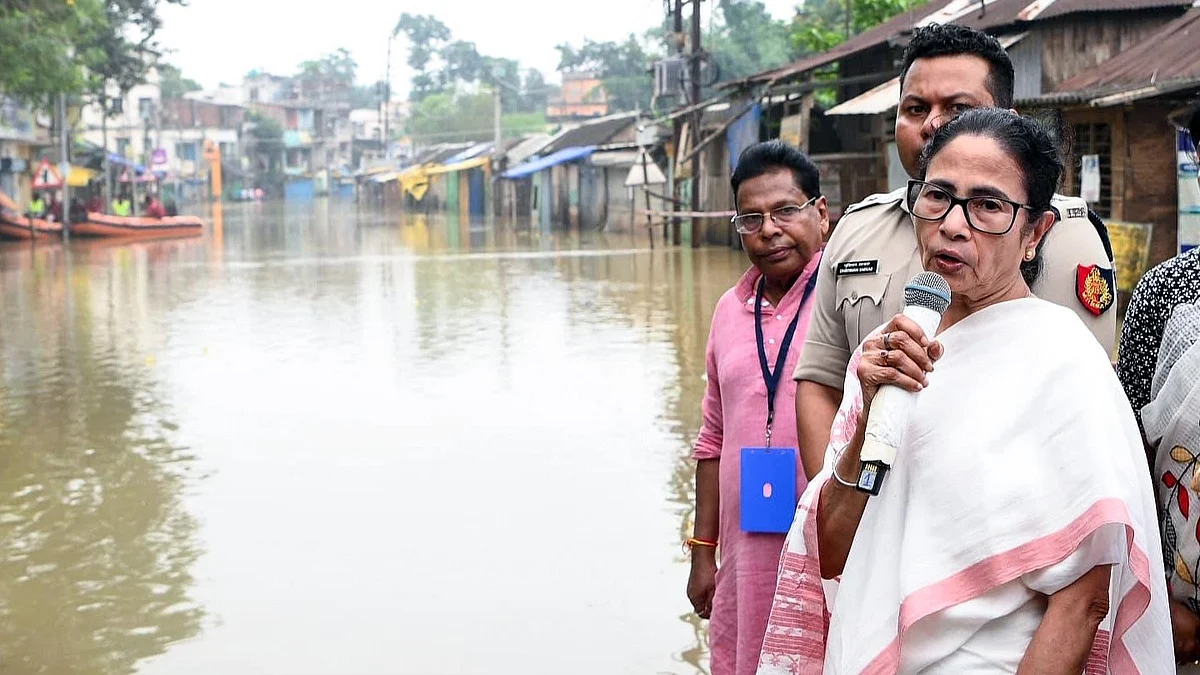Mumbai: The Supreme Court's stay on the order of the Uttar Pradesh police mandating eateries on the Kanwar Yatra route to display the names of the proprietors is timely because other states could have enforced similar discriminatory orders, said civil society groups.
On Monday, the apex court imposed an interim stay on the order which was first passed last week by the police in Muzaffarnagar district, the main venue of the annual pilgrimage that began on July 22, the first day of the month of Shravan. The Uttar Pradesh government later extended it to the rest of the state.
Irfan Engineer from the Centre for Study of Society and Secularism said the police order was against the country's Constitution. "It was obvious that the police wanted Muslim shopkeepers to display their names so that the Kanwariyas could identify the religion of the shopkeepers. The Supreme Court would not have stayed it if they did not find the police order unconstitutional," said Engineer, who added that there had been no law and order issues in the past that justified such directions. "There was no controversy from the Kanwariyas' side either."
Community groups said that the police order was discriminatory and prejudiced. In a statement, Maulana Mahmood Asad Madani, President of Jamiat Ulama-i-Hind, said, "Just as the Dalit community has been subjected to untouchability and presented as impure for centuries, now there is a deliberate attempt to treat Muslims similarly and relegate them to second-class citizenship. This action tarnishes our nation's cultural identity, fabric, and grandeur rooted in the teachings of Buddha, Chishti, Nanak, and Gandhi. Such divisive measures will never be acceptable."
Madani said that although the decision was imposed in a specific area, it had the potential for far-reaching ramifications. "It will empower forces that seek the economic boycott of Muslims and provide opportunities for anti-national elements to exploit the situation."
Firoze Mithiborwala of Hum Bharat Ke Log said the court's stay was welcome because the Uttar Pradesh government's order could have been a precursor to similar rules. "The logic that such rules are required because of dietary rules could have been extended to other cities or states. The order was representative of rules about purity and caste. We are glad that the Supreme Court did the needful and grateful to the petitioners for approaching the court. The government is worried about Hindu and Muslim votes coming together and is trying to polarise the voters," said Mithiborwala.

Madani highlighted that the areas through which the Kanwar Yatra passes have a significant Muslim population. "Muslims have always respected the beliefs and practices of the Kanwariyas and have never caused them any harm," he added.
However, Engineer said that he was sceptical about the effectiveness of the court's stay. "The police are known to be a law unto themselves. This is what Muslim shopkeepers are afraid of."










